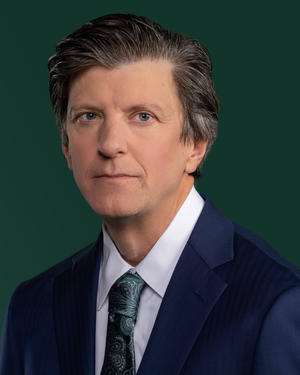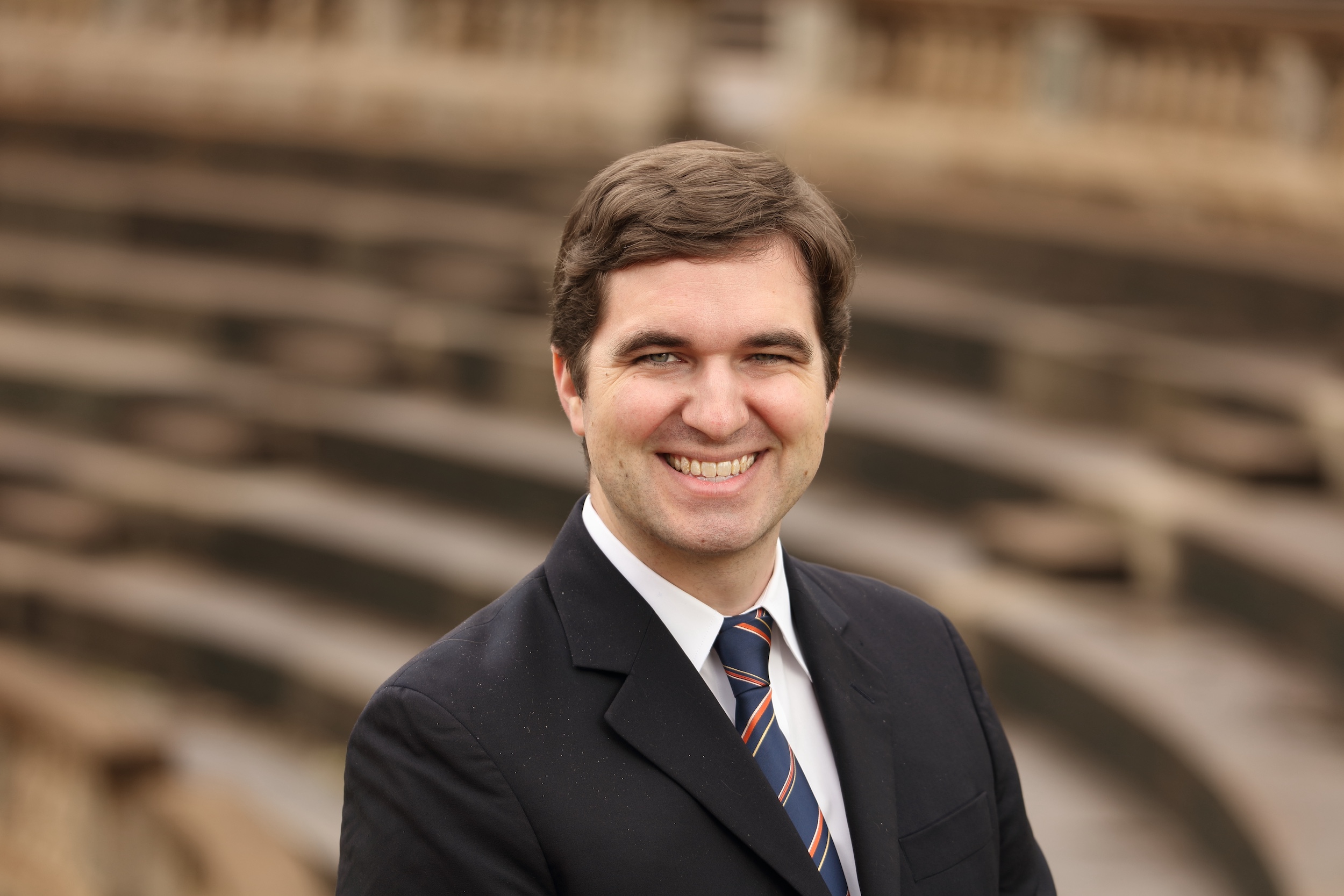Tom Wickham: Understanding the U.S. House Speaker Situation
10/18/2023 UPDATE: This post, originally published on Friday, October 13, has been updated to reflect new developments, including yesterday’s speaker vote in the House.
There is uncertainty concerning the status of the speakership of the United States House of Representatives. As such, the Center for Effective Lawmaking is taking the opportunity to present insights from Tom Wickham, Senior Vice President of state and local policy at the U.S. Chamber of Commerce; he is also a Member of our Advisory Board. Previously, he was the Parliamentarian of the House, where he served in the Parliamentarian’s Office for 25 years, and helped referee 14 different elections for Speaker and advised on all aspects of House procedure. Below he gives an overview of where the House currently stands and the options for moving forward.
Where does the House stand procedurally at this moment?
Speaker McCarthy was removed as Speaker of the House on Tuesday, October 3, 2023 in the first ever successful motion to vacate the Office of the Speaker of the House.
Under House rules, Rep. Patrick McHenry (R-NC) was appointed temporary Speaker or Speaker pro tempore but his powers in that role are limited.
On Tuesday, October 17, 2023, the House held a vote for Speaker and neither of the party nominees was able to secure a majority.
Since October 3, 2023, the House has not conducted any legislative business on the floor.
Why can’t Speaker pro tempore McHenry just assume all the powers of a regular Speaker?
The rule that the House is operating under limits McHenry’s powers to taking “necessary and appropriate” actions toward the end of electing a Speaker or Speaker pro tempore.
Legislative history is even more restrictive saying that the “sole purpose” of the position is to preside over the election of the Speaker.
Can the House act to empower McHenry or another Member to act as a caretaker Speaker?
Yes. The House can elect a Speaker pro tempore by privileged resolution that could put a time limit or condition on that Member’s powers.
This last time the House elected a Speaker pro tempore occurred in 1998 when Majority Leader Dick Armey was elected Speaker for one day in the absence of Speaker Newt Gingrich. Another example occurred in 1918 when the House elected a Speaker pro tempore for Speaker Champ Clark until a date certain or until Speaker Clark’s return.
Rep. Mike Kelly (R-PA) has introduced a resolution to empower Speaker pro tempore McHenry until November 17, 2023 or whenever a new Speaker is elected.
How would a resolution electing a caretaker Speaker be considered on the floor?
Because the resolution is privileged, it would be subject to a motion to table at the outset, one hour of debate, and a majority vote for adoption.



